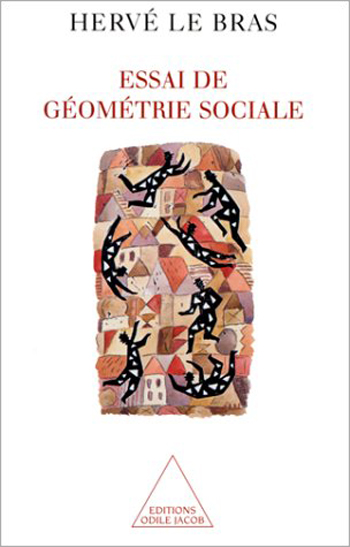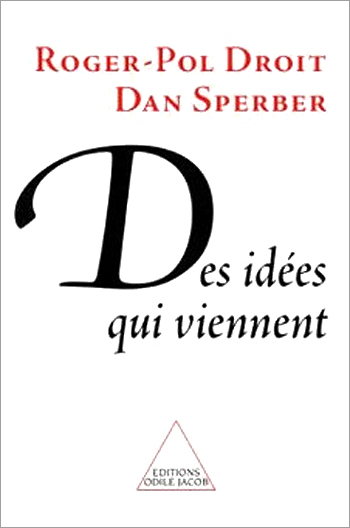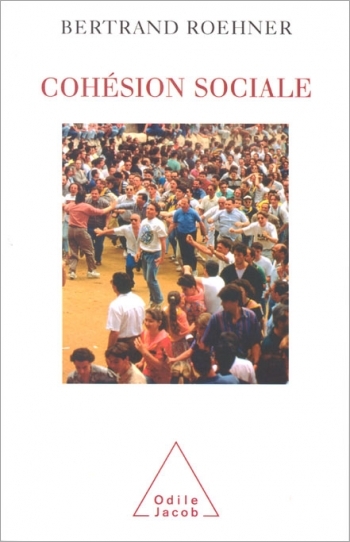Results for the keyword social studies

Hervé Le Bras
Essay on Social Geometry
Hervé Le Bras examines here how post-modern mathematics, targeting concrete issues, can help us to address a fundamental concern of all human societies, i.e., how space is occupied. Among many topics he examines pastoral nomadism, agricultural sedentariness, territorial conquest, migrations, ancient and modern urban planning, national and regional development, and road traffic. Hervé Le Bras is a demographer and course director at the Ecole des Hautes Etudes en Sciences Sociales.

Roger-Pol Droit, Dan Sperber
Ideas on the Way
What ideas can we expect to see develop in the coming years? And how will they modify our conceptions of thought? What impact will they have on our personal existence, our daily reality, our rules for life? Will the intellectual models that are now emerging soon be influencing policy decisions? At a moment as symbolic as the beginning of a new millenium, we wanted to bring together the elements of thought which permit us to better respond to these questions." Roger-Pol Droit and Dan Sperber Both authors work at the Centre National de Rècherche Scientifique.

Bertrand Roehner
Social cohesion
The methodology of physics is now being applied to the social sciences. Social cohesion, which assures social stability and continuity, is both observable and measurable. It may be observed in events that repeat: in test events such as the destruction of the mosque in Ayodhya, India (1992), and of the twin towers of the World Trade Center in Manhattan (2001); in catastrophes such as the Great Fire of London (1666), the earthquakes and fires of San Francisco (1906) and Tokyo (1923); in the riots of rejection in Lawrence, Mass., U.S.A. (1984), and in Aigues-Mortes, France (1893); in the protest riots in Brixton, U.K. (1981); and in resistance to foreign occupation, as in France (1940). Social cohesion can be measured through the reactions of a given society in the aftermath of a shock: for example, in the number of Hindu temples that were burned down or mosques that were destroyed following the first two test events listed above. By borrowing the methods of physics, social scientists have been able to make predictions in their own field. Bertrand Roehner is a member of the Laboratory of Theoretical Physics at Pierre et Marie Curie-University of Paris VII. He is the author of Un siècle de commerce du blé en France (Economica), Theory of Markets (Springer), Application of Physics in Economic Modelling, Pattern and Repertoire in History (Harvard University Press) and Separatism and Integration (Rowman and Littlefield).
Results : 1 to 3 from 3 books
